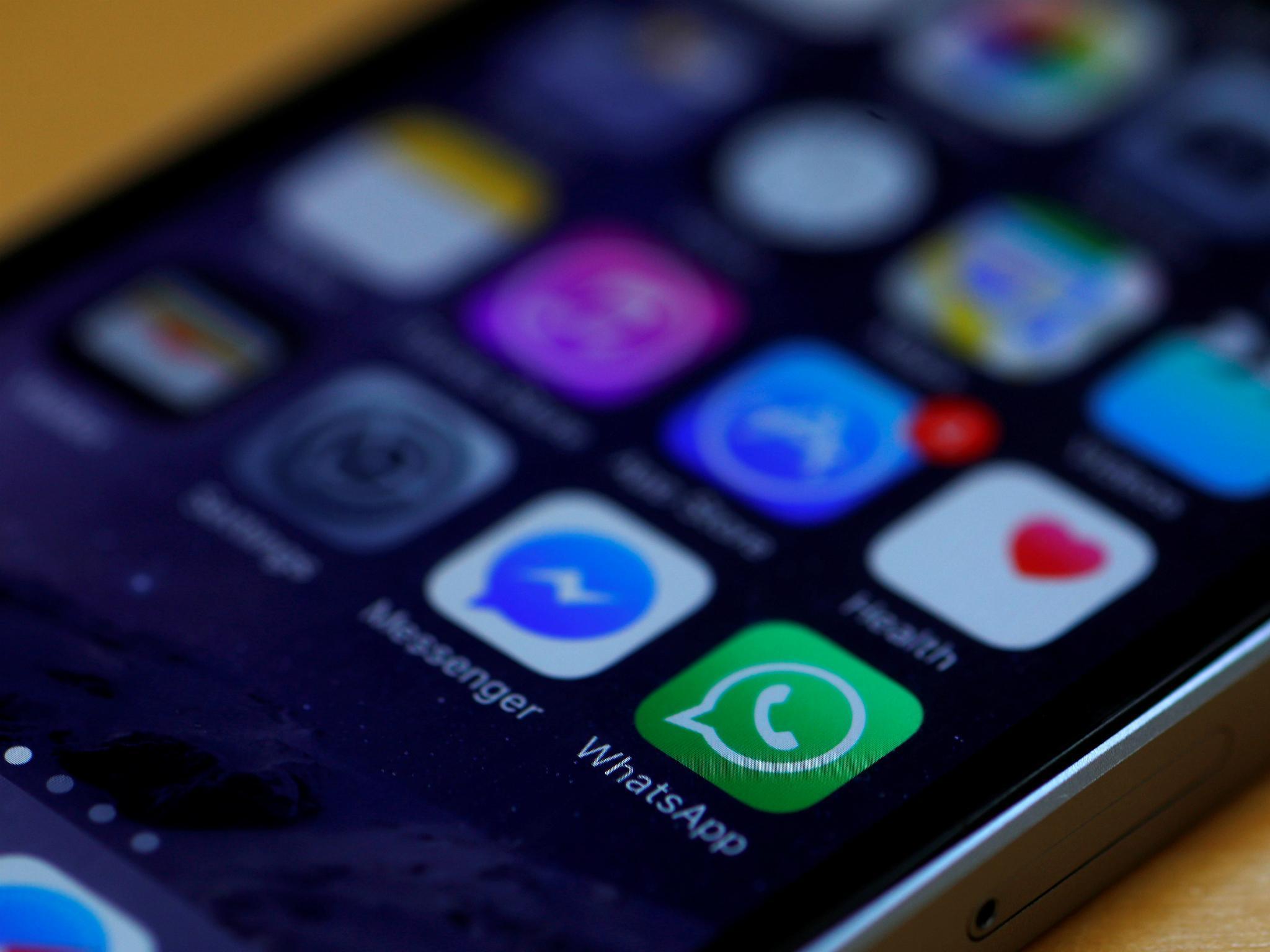WhatsApp down in China as government tries to stop people talking ahead of ruling party meeting

WhatsApp is breaking in China as the government tightens censorship ahead of a major meeting.
New WhatsApp accounts are unable to connect to the service, and other established ones aren't able to send pictures or videos.
The Facebook-owned chat app is popular in China because it offers more security and privacy than social media apps developed in the country, which tend to have back doors allowing the government to spy on discussions.
The crackdown on WhatsApp comes amid a general move towards censorship. That itself is being staged before a major party meeting next month, during which President Xi Jinping will be appointed again for a second five-year term.
The ruling party encourages internet use for education and business but tries to block access to material that calls for political change or is deemed to encourage protests.
Since coming to power in 2012, Xi has promoted the notion of "internet sovereignty," or the right of Beijing and other governments to dictate what their publics can do and see online.
Private sector operators of Chinese social media are required to delete banned material. China has the world's biggest population of internet users, with some 730 million people online.
The agency that enforces online censorship, the Cyberspace Administration of China, didn't respond to questions sent by fax about whether Chinese regulators were causing the WhatsApp disruption.
Facebook declined to comment. WhatsApp is one of the world's most popular messaging services, with over 1.2 billion users.
On Monday, the internet agency announced it was fining the parent of the popular Chinese messaging service WeChat, Tencent Ltd., and two other social media services for failing to fully enforce censorship.
The agency said WeChat, Sina Corp.'s microblog service Sina Weibo and search giant Baidu Inc.'s Tieba allowed users to post false rumors and material that was pornographic or threatened national security. The agency gave no figure for a penalty but cited a law under which violators can be fined up to 500,000 yuan ($75,000) or closed in the event they fail to correct a violation.
Also this month, regulators announced that organizers of messaging groups would be held responsible for managing their content.
Meanwhile, Beijing is cracking down on the use of virtual private networks — technology that creates encrypted links between computers and can be used to see blocked websites abroad.

Regulators say only government-approved VPNs are allowed and how they can be used will be restricted, potentially cutting off millions of Chinese entrepreneurs and other individual users.
Users of WhatsApp in China reported similar disruptions in July, prompting fears authorities were blocking access.
Chinese filters block access to other global social media including Twitter, Facebook and YouTube without a VPN. Officials argue that such services operating beyond their control pose a threat to national security.
Chinese authorities increasingly pay attention to encrypted messaging apps. Users in China switched to WhatsApp after authorities blocked access to another encrypted service, Telegraph, following a 2015 crackdown on lawyers and human rights activists.
Additional reporting by Associated Press
Join our commenting forum
Join thought-provoking conversations, follow other Independent readers and see their replies
Comments
Bookmark popover
Removed from bookmarks